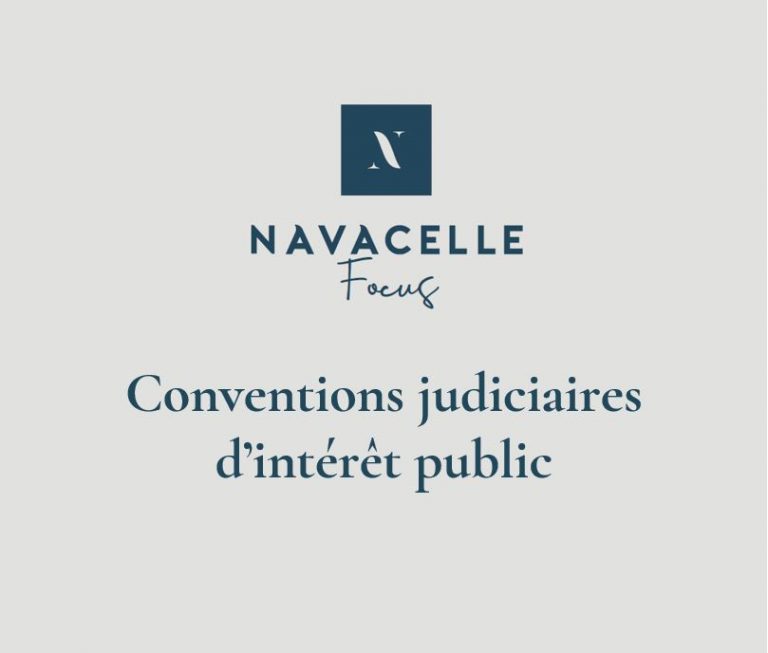Cumulation of criminal and administrative penalties
On March 30, 2017, Paris’ Criminal Court refused to convict the company “Altran” and several of its former executives for ‟forgery and use of forged documentsˮ, ‟dissemination of misleading informationˮ and ‟inaccurate financial statementsˮ, considering that if criminal offences were characterized, prosecution was barred by reason of a first conviction handed down by the French Financial Market Authority (AMF) in 2007.
This recent decision follows the progressive evolution of domestic case law, protective of legal certainty and inspired by European decisions.
Since 2013, the Court of Justice of the European Union has prohibited the cumulation of criminal and administrative penalties equivalent to criminal sanctions on the ground of Article 50 of the Charter of Fundamental Rights of the European Union (Åklagaren v. Åkerberg Fransson, February 26, 2013).
This jurisprudential stance was quickly confirmed by the European Court of Human Rights (Grande Stevens v. Italia, March 4, 2014) on the grounds of Article 4 of the Additional Protocol No 7 of the Convention, and by the French Constitutional Council (John L. and others, March 18, 2015) which considered double jeopardy as unconstitutional in stock market matters –pending EADS proceedings for insider trading.
These decisions repealed de facto the French Supreme Court’s position which held, in a decision of January 22, 2014 that the achievement of general interest objectives recognized by the European Union allowed not to extend the scope of non bis in idem protection in stock market matters.
Cumulation of criminal and tax penalties
The scope of the non bis in idem principle, however, does not extend to the case of criminal and tax penalties, as held by the French Constitutional Council in its preliminary ruling on constitutionality (question prioritaire de constitutionnalité) on June 24, 2016 in the Cahuzac and Wildenstein cases.
Double jeopardy may hence apply for the most serious cases, the threshold of seriousness depending on ‟the amount of the evaded or defrauded duties, the nature of the prosecuted person’s behaviors or the circumstances of its interventionˮ.
By a landmark decision on February 22, 2017, the French Supreme Court confirmed the possibility of cumulating criminal and tax penalties by explicitly specifying that the prohibition of double jeopardy for the same facts may only be raised when offences fall within the jurisdiction of criminal courts.
This decision is in line with European case law (Åklagaren c/ Hans Åkerberg Fransson, ibid) according to which the non bis in idem principle does not preclude Member States from pronouncing tax and criminal sanctions for the same facts – violation of VAT reporting obligations – insofar as the tax penalty is not deemed criminal in nature.
In its decision on November 15, 2016 (A. and B. v/ Norway), the European Court of Human Rights, however, indicated that double jeopardy was only allowed when it resulted from an integrated, perfectly organized and predictable system – tax increase in administrative proceedings and conviction for tax fraud in criminal proceedings – and when both proceedings were linked by ‟a sufficiently close material or temporal connectionˮ.
Non bis in idem and guilty plea / DPA
French protection against double jeopardy also extends at the international level and several recent decisions confirmed that the non bis in idem principle applies to guilty-pleas entered into in the United States of America (Paris Court of Appeal, September 21, 2016) or to DPAs (Paris Criminal Court, Oil for food II, June 18, 2015), such agreement qualifying as a judgment under French law.
Similarly, it is most likely that the prohibition of double jeopardy will apply under the provisions of the new Sapin II law for transparency, the fight against corruption and the modernization of economic life providing for a French DPA (convention judiciaire d’intérêt public) in case of probity offences (corruption, influence peddling, etc.).














